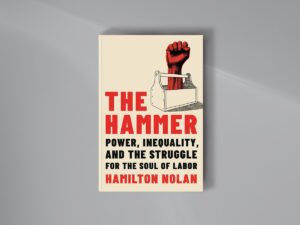
August 9, 2016; New York Times Opinion Pages, “Room for Debate”
Gene Takagi of the NEO Law group (and sometime NPQ contributor) had an op-ed published yesterday in the “Room for Debate” section of the New York Times. In the piece, he responded to the Times’ series about the relationships some think tanks have with their corporate donors. As detailed in the Times, some of these relationships look an awful lot like pay-to-play setups, with the “play” being the high-profile, intellectual arbiter–type credibility that might be lent to the corporation through positive studies of its work.
Although nonprofit think tanks are prohibited under federal tax law from engaging in substantial lobbying, they can and do engage in sometimes-powerful advocacy through their analyses. But, Takagi writes, if a group is at once taking six figures or more from significant interested parties in the situations being studied, this may violate the prohibition against conferring private benefit on an individual or entity.
“So,” he writes, “advancing the private interests of a corporate donor should never be a direct goal.”
Sign up for our free newsletters
Subscribe to NPQ's newsletters to have our top stories delivered directly to your inbox.
By signing up, you agree to our privacy policy and terms of use, and to receive messages from NPQ and our partners.
He suggests:
Since the law can’t effectively stop think tanks from advancing corporate donors’ interests, it is crucial for policymakers to be able to identify whether these think tanks are being unduly influenced by outside parties. Policymakers or an independent nonprofit could develop a certification process for think tanks with standards for public disclosure of funding, associations and collaborations and rules for governance. This would provide certified think tanks with credibility and permit a legislator or legislative body to see the required public disclosures.
—Ruth McCambridge












